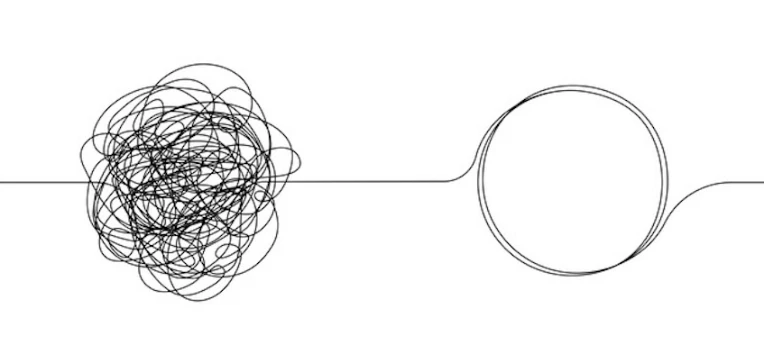I adore improvisation because of how it makes me engage with my imagination in a fun way; so with the tutorial jam opening up I thought I'd use this as an opportunity to teach the bare basics of improv to everyone that clicks on this, which I hope opens more people up to this beautifully dramatic art. (Just so you know, I’ll be focussing on a solo improv rather than group improv, but plenty of what i say can apply to group improv as well)
ALLLLLLLLRRRIGHT THEN!!! TIME TO DO A BRAIN BLAST AND JUMP IN AAAAAAHHHHHHHHHHHHHHHH!!!

Improv basics index:
What is improv
What’s the depth
How to do improv
What are the rules to improv
Improv tutorial example
Conclusion
What is improv?
Improvisation is the creation of characters and scenarios on the spot without the preparation of a planned or written script. That’s all there is to it definition wise, but in terms of depth, there’s a lot more to improv itself beyond the basic definition , which is what I’ll elaborate on in the next section.

What makes improv deep?
Improv can either be simple or complicated (or both, but I'm keeping this simple):
- It can be simple because if you understand how to utilize your imagination it's as basic as linking words together in a detailed fashion and putting pure emotion and passion into what you spew from your mouth, putting on a colorful performance while doing so.
- But it's also complicated because to get to a point where improv feels simple you need not just an active imagination and an understanding of improv fundamentals but also an abstract way of thinking about yourself, your environment, and the world around you as a whole; in other words, you need a unique kind of mindset to fully grasp improv as a craft.

With that out of the way, let’s start getting into how improv works.
What are the basics of improv?
You know all those ideas floating inside your head at this current moment? That's technically all you need to do Improv since at the end of the day improv is all about thinking of a prompt and running as far as you can with it taking it to whatever place you can whether it be emotional, comedic, or both. There’s obviously more to doing improv than what I just laid out, which is why I’ll now speak about some fundamentals so you can have a basic idea of what goes into improvisation as a craft.

What are the fundamentals of improv?
To make an improv work successfully requires you to understand the fundamentals of it
- Extensive imagination
(to keep coming up with new material and adding on to a prompt in a detailed manner, an extensive imagination will be your dearest friend)
- Quick thinking
(Adding new information to the situation in a smooth and well paced manner is a great skill to have and makes you think adaptively with what you add next to your scenario)
- Storytelling skills
(this is more for solo stuff, but to understand where to start and end an improv is a good skill to have)
- Confidence
(You need to be able to act like what you’re imagining is actually happening to you and act accordingly, so be very confident and love yourself, SERIOUSLY)
- Be colorful and add detail
(adding color and detail to your improvisations make them not only easy to understand, but also easy to immerse oneself into on both sides, the improver and the person listening/watching)
- Avoid asking questions
(unless you’re trying to integrate it, you should overall avoid questioning where the situation goes and embrace what happens to you in whatever scenario you’re in)
- Understand and adapt to the genre you’re aiming for
(If you’re trying to be funny, make your scenario goofy and absurd, try to up the stakes of comedy in an entertaining fashion that is humorous to both you and the audience. If you’re being more dramatic, focus on emotion and development of character(s) to add to the impact of the drama)
- Do not say um or uh
(self explanatory, but unless it adds to the scenario, avoid having ums or uhs in any improv you do)

This is all pretty basic stuff but it can still be a lot to take in, so with that, here’s an example of what can be done when these rules are taken into mind while also having fun in the process:
Conclusion:
Just so you know I’m not an expert on improvisation, this is just my basic understanding of how it works, people’s minds are different so some people will understand this very easily and others won’t, and that’s okay because we all work differently and even people who don’t understand will grasp how to do improv if they keep trying. What truly matters at the end of the day however, regardless of skill level or even understanding of what improv is at its core, is that you have fun with it and play with it, whether solo or not, and I recommend it because improv can actually help quite a bit with stuff like public speaking and school/work presentations, and coming up with innovative ideas. I’m now just ranting so with everything in mind, have a good day and I hope you absorb something useful from what I wrote here, peace.

Unrelated, but still kinda important:
If you're recording improv with mics and all that, I recommend using Audacity as it's free to everyone and very understandable to use.